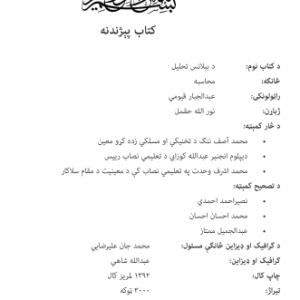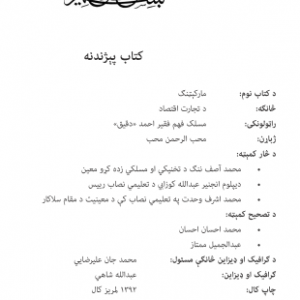“Sapiens: A Brief History of Humankind” by Yuval Noah Harari is a captivating exploration of human evolution and societal development that spans thousands of years. Through a compelling narrative, Harari takes readers on a journey from the emergence of Homo sapiens in Africa to the complexities of modern civilization, examining key milestones and transformative events that have shaped the course of human history.
One of the central themes of the book is the idea of cognitive revolution, which Harari argues was a pivotal turning point in human evolution. He posits that the development of language and complex social structures enabled Homo sapiens to cooperate in large groups, paving the way for cultural innovation, technological advancement, and the eventual domination of the planet.
Harari also delves into the Agricultural Revolution, a crucial period in human history marked by the transition from hunting and gathering to settled agriculture. This shift not only transformed the way humans obtained food but also led to profound changes in social organization, the rise of cities, and the emergence of complex civilizations.
Another key concept explored in “Sapiens” is the notion of imagined realities, or shared beliefs and myths that bind societies together. Harari argues that religion, money, and political ideologies are all examples of imagined realities that have played a central role in shaping human behavior and societal structures throughout history.
Moreover, Harari examines the impact of imperialism, capitalism, and technological innovation on human societies, tracing the interconnectedness of global systems and the far-reaching consequences of human activity on the planet.
Ultimately, “Sapiens” offers a thought-provoking reflection on what it means to be human and the forces that have shaped our collective destiny. By examining the sweep of human history through a multidisciplinary lens, Harari invites readers to reconsider their assumptions about progress, identity, and the future of our species. The book’s accessible style and wide-ranging scope make it a compelling read for anyone interested in understanding the complexities of human evolution and societal development.







Reviews
There are no reviews yet.